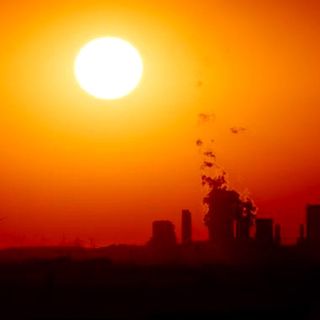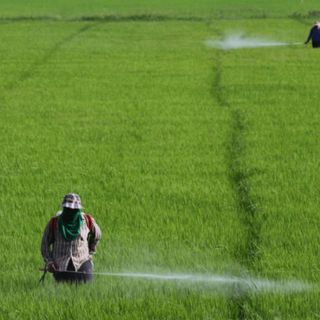Natural disasters have almost doubled in the past 20 years, taking a heavy human and economic toll globally — with climate change being largely to blame for the spike, according to a new report published Monday by the UN Office for Disaster Risk Reduction (UNDRR).
Titled Human Cost of Disasters, the report found that compared to 4,212 major natural disasters recorded between 1980 and 1999, 7,348 have been recorded in the last 20 years. These disasters have claimed more than 1 million lives, affected more than 4 billion people, and cost the global economy almost US$3 trillion. However, the actual economic impact could be much higher than that due to the unavailability of data from some countries in Asia and Africa. Floods and storms were the most frequent disasters since 2000. But, over the coming decades, the report forecasts a rise in heatwaves and droughts.
“We are willfully destructive… It is baffling that we willingly and knowingly continue to sow the seeds of our own destruction, despite the science and evidence that we are turning our only home into an uninhabitable hell for millions of people,” Mami Mizutori, the UN Secretary General’s special representative for disaster risk reduction and head of UNDRR, told Al Jazeera. She added that the Covid19 pandemic is the “the latest proof that political and business leaders are yet to tune in to the world around them.”
Related on The Swaddle:
Millions Marooned, Hundreds Dead, as River Brahmaputra Floods Arunachal, Assam
China and the US recorded the highest number of disasters from 2000 to 2019, followed by India, which reported 321 events. In addition, in terms of lives and livelihoods affected by disasters globally, the most impactful years were 2002 and 2015 — both of which “were partly shaped by widespread droughts in India,” affecting more than 300 million people here. While a major European heatwave in 2003 killed over 72,000 across the continent, heatwaves in India and Pakistan, which claimed close to 3,500 lives in 2015, were mentioned as the “most notable” heatwaves outside Europe in the last two decades.
Blaming “industrial nations that are failing miserably on reducing greenhouse gas emissions,” the paper calls upon policymakers to implement disaster risk reduction strategies, and to invest in early warning systems, and disaster risk information and assessments. “It really is all about governance if we want to deliver this planet from the scourge of poverty, further loss of species and biodiversity, the explosion of urban risk, and the worst consequences of global warming,” the paper notes.
“If this level of growth in extreme weather events continues over the next 20 years, the future of mankind looks very bleak indeed. Heatwaves are going to be our biggest challenge in the next 10 years, especially in the poor countries,” Debarati Guha-Sapir, director of the University of Louvain’s Centre for Research on the Epidemiology of Disasters, told The Guardian.
“Without a green recovery, we will only increase the climate emergency,” Mizutori warned.




